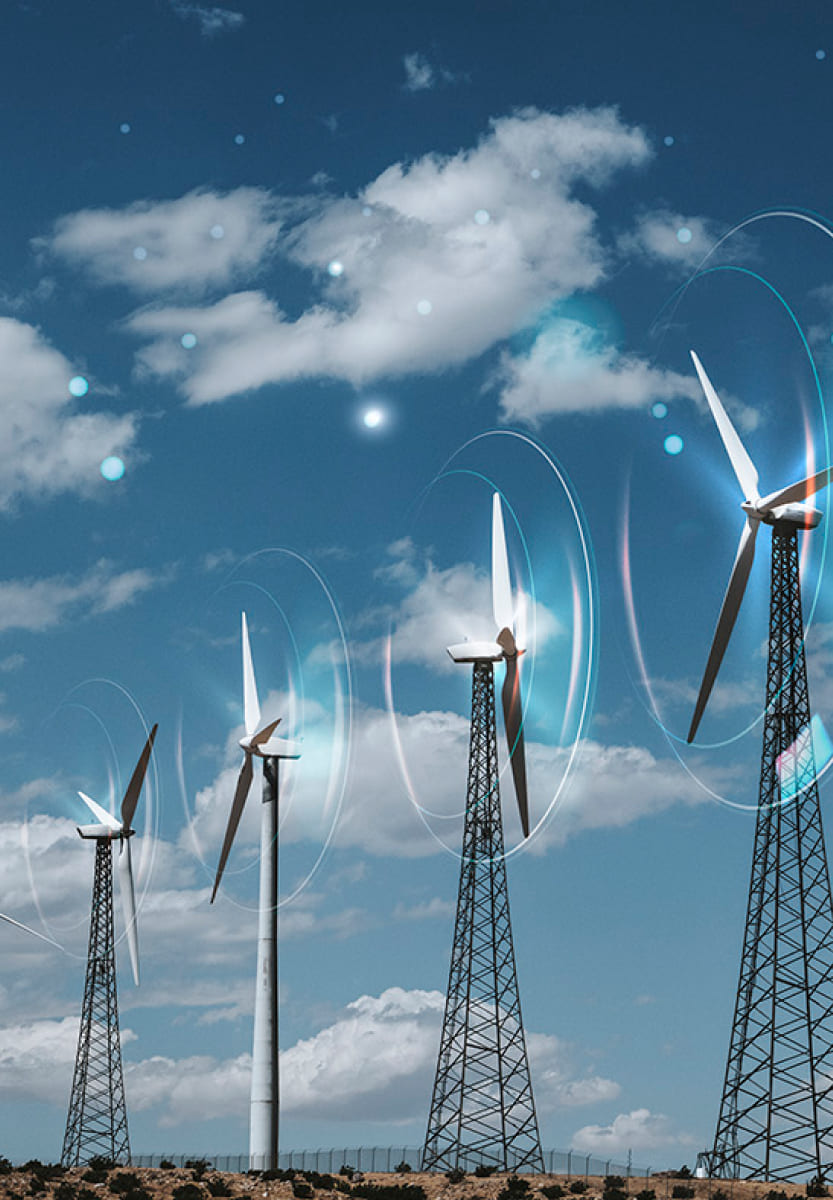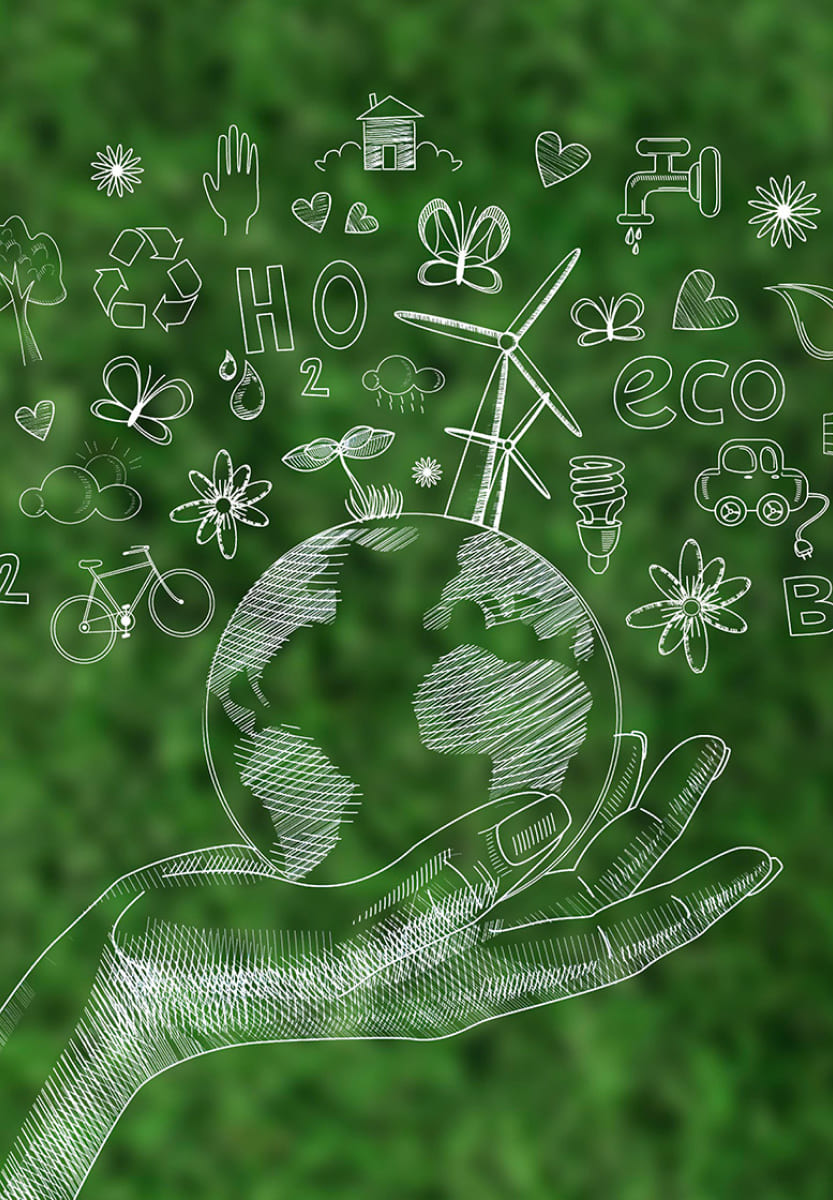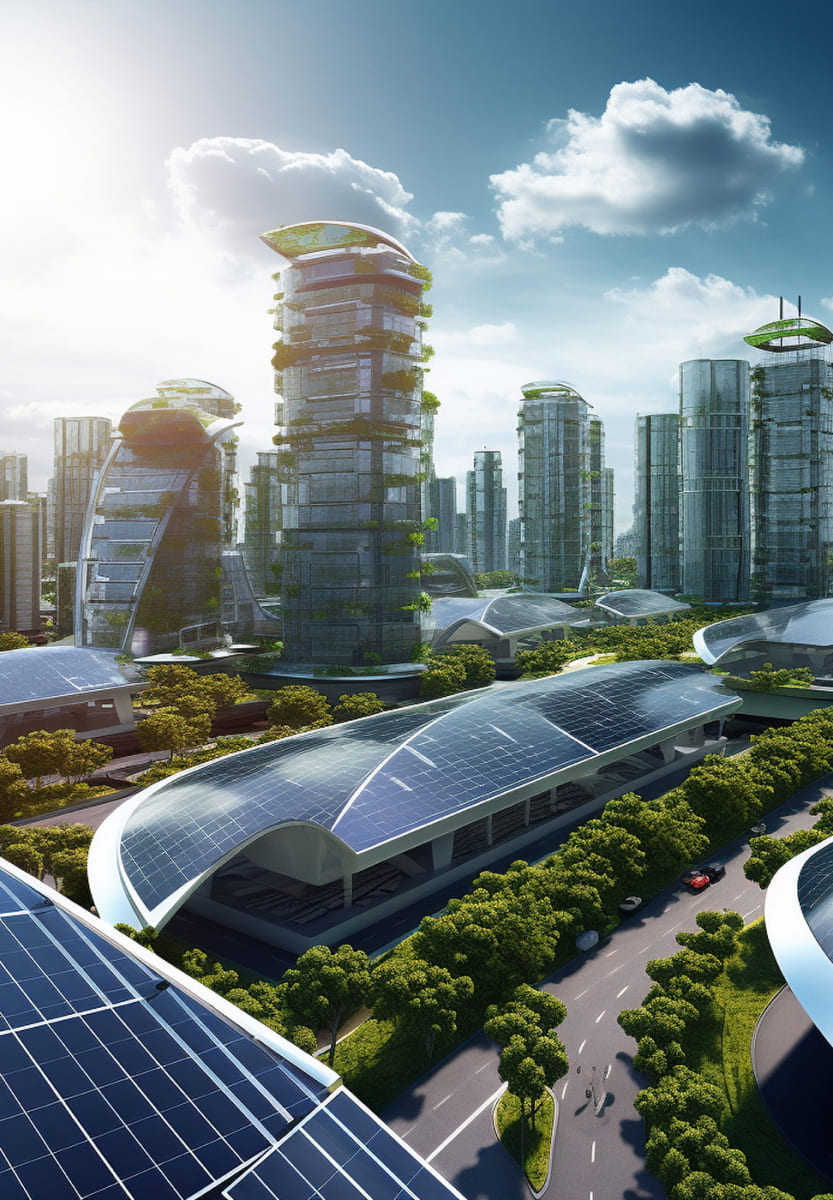Vision 2030

Saudi Arabia’s Vision 2030 focuses on the enactment and enhancement of regulations and legislations in addition to social and economic reforms, which will result in significant achievements on all fronts leading towards a more prosperous and thriving economy. Based on its Vision, Saudi Arabia is using its investment power to create a more diverse and sustainable economy and is using its strategic location to build its role as an integral driver of international trade and to connect three continents: Africa, Asia and Europe. The Vision is built around three themes: a vibrant society, a thriving economy and an ambitious nation.
As one of the Vision 2030 Realization Programs, the National Industrial Development and Logistics Program (NIDLP) has launched its updated Delivery Plan (2021-2025), progressing to new horizons of success in achieving sustainable growth through empowered citizens, an engaged private sector, and effective execution of initiatives.
The Kingdom of Saudi Arabia is fully embarked on a leadership driven climate program which reveals it is profoundly concerned about the health of its society in the future. Saudi Arabia is a nation of the young who are concerned with their future in a climate changed world and their government is responding to critical issues of internal economic development for a nation now 70 % of whom are under 30 years old. Economic development is a critical priority, and the 30/60 goals provide a framework to adopt for their own use and their own specific needs.
Renewable Energy
Vision 2030 drives collective commitment to creatively and responsibly meet current and future energy and climate challenges. G20 leaders endorsed the Circular Carbon Economy (CCE) framework during the Saudi G20 Presidency. A closed-loop system, CCE is based on reducing, reusing, recycling, and removing carbon that addresses climate change while advancing sustainable development and promoting economic diversification. By reducing emissions and expanding the use of carbon capture, utilization and storage, the international community will be able to pursue sustainable growth and reconcile the sustainability needs of both energy and climate.
With Saudi Arabia’s impressive natural potential for solar and wind power and through strategic investments in sustainable technologies, signature projects have been launched to diversify energy resources and optimize the Kingdom’s energy mix. By 2030, the contribution of renewable energy to the overall energy mix will reach up to 50%. Renewable energy projects are one of the key drivers towards achieving sustainability that will contribute to avoiding emissions and the displacement of high-value fuel in electricity generation.


Environment , Preservation and Protection
Vision 2030 is protecting and enhancing the Kingdom’s natural environment by taking a holistic view of precious ecosystems. It is also fostering sustainable agriculture practices across the Kingdom that will help to provide citizens and residents with safe, high-quality local food, whilst maintaining water balance and supporting the restoration of biodiversity. Sustainable approaches are helping prevent soil erosion and tackle desertification by protecting native flora that is used by wildlife for food and shelter. The safeguarding of unique wildlife and habitats under Vision 2030 ensures that future generations enjoy the rich natural diversity of the nation.
Livable Green Cities
The way people live and where they live in the Kingdom are being transformed under Vision 2030 as cities become more livable through increased green spaces, new experiences, and exposure to nature, leading to an improved quality of life. The Vision is reshaping Saudi Arabia’s cities through sustainable urban greening, which improves air quality and provides opportunities for an active lifestyle, helping to contribute to the goal of increasing the number of individuals exercising at least once a week to 40%.
NEOM’s THE LINE is a never-before-seen approach to urbanization – a 170km-long linear urban development of multiple, hyper-connected communities, with walkable neighborhoods integrated with public parks and the natural landscape. Powered by 100% renewable energy, the principles of environmental responsibility will be enshrined in business regulations to promote sustainable and regenerative development practices. Communities will live in harmony with nature, where open space, parks, gardens, the natural environment and sustainable food production are mixed seamlessly.
The Saudi Green Initiative (SGI) and Middle East Green Initiative (MGI) represent an ambitious roadmap that rallies the region and drives the Kingdom on its path to sustainability. The initiatives will reduce emissions’, plant 50 billion trees, and protect the land and sea. For example, SGI will see the rehabilitation of 40 million hectares of degraded land and increase the percentage of protected areas across the Kingdom to more than 30% of the total land area, equivalent to 645,000 km2, making it the size of a large country.

The roadmap articulated by President Xi for the actions needed to be taken for Carbon Peaking in 2030 and eventually to reaching Carbon Neutrality in 2060 is increasingly being evaluated as meaningful for the climate goals of other international partners: some who have found much to fashion their own climate goals. Saudi Arabia is a case in point. Saudi Arabia is a nation that might appear to be on the surface greatly wealthy because of fossil fuels and be disinterested in a 30/60 program of climate change resolve. Nothing could be farther from the truth!
Vision 2030 is a unified Sustainable Vision for the future, one which reconciles economic development and environmental preservation as a single priority. An inspiring sustainable Saudi Vision for the future of the Kingdom, the region, and the world.
